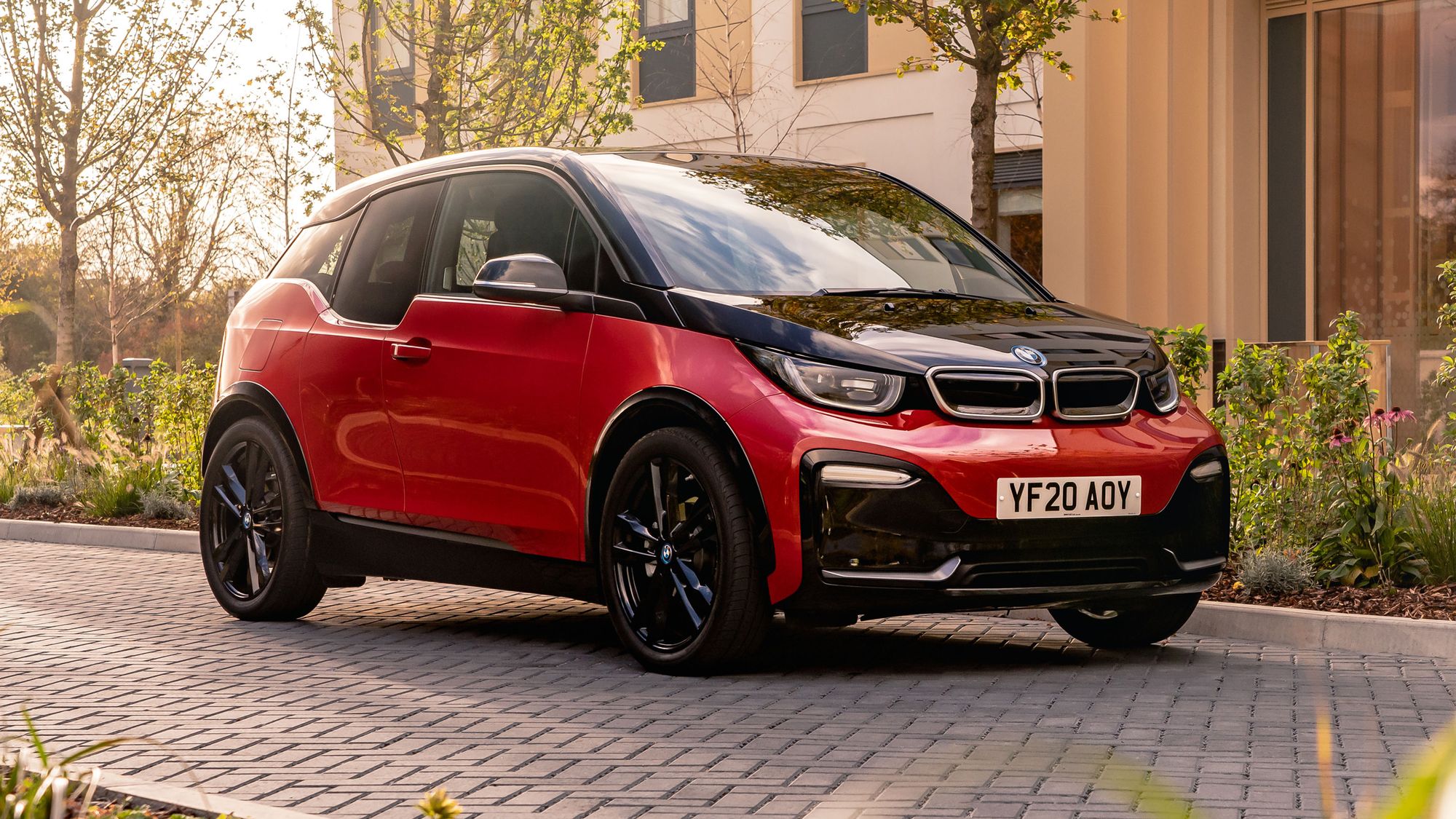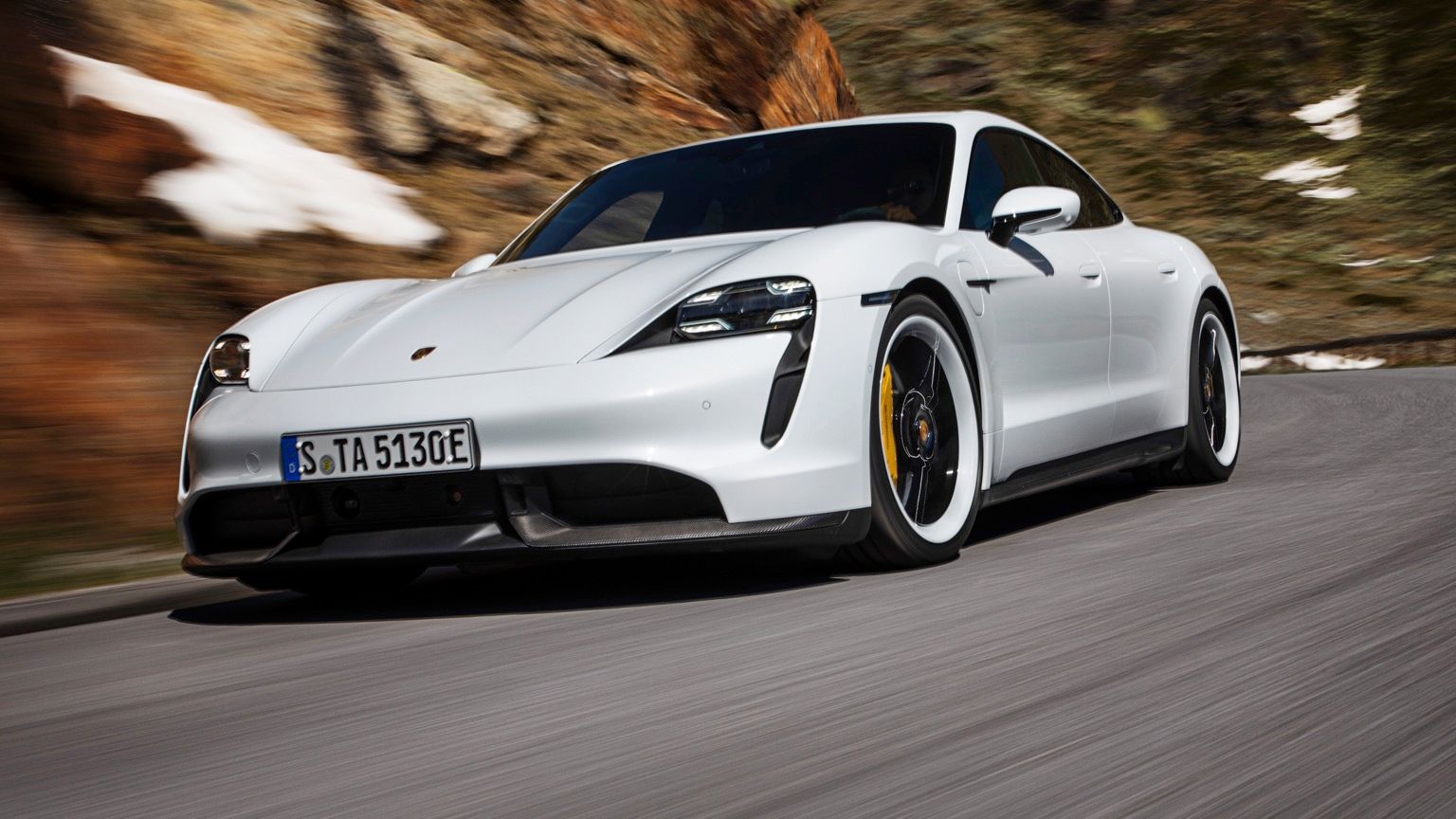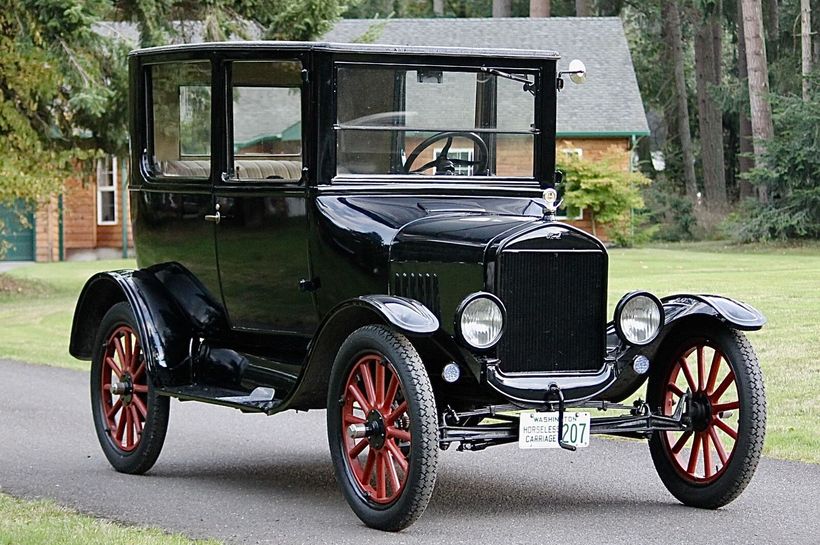Evolution, Not Revolution

Ten years ago I thought the world would be in the thick of an EV revolution by now. It seems like every major manufacturer has been investing a small county’s economic output into their electric vehicle technology for years. It also seems like they have little to show for their effort. Tesla was the early leader, and in some ways still is, but Rivian, Polestar, and offerings from legacy manufacturers are easily nipping at their heels. Still, we consumers aren’t buying what any of them are selling in huge numbers. This is despite many EV’s being fairly good cars.
So why isn’t everyone driving an EV? Why are EV's becoming increasingly hard to sell for dealerships? Why is seemingly every EV manufacturer trying to cool the hype around electric cars?


The BMW i3 could be the most interesting EV ever built. The Porsche Taycan Turbo S hauls ass like few cars can. Neither sparked a revolution. Though I wish one did. Photo Credit: Top Gear & EV Database
It's Simple. We cannot build a revolutionary electric vehicle. Can we build an interesting one? Sure. A fast one? Absolutely! An inexpensive one? Eh, we’re getting closer. But despite setting piles of cash on fire, nobody has been able to build a truly revolutionary electric vehicle. Sorry Elon. In order to go electric, we need an electric car as revolutionary as the Model T Ford. I'm talking about revolution in the truest sense of the word. It’s been 115 years since the Model T set the world on fire, so it’s easy to forget the humble Tin Lizzie. Since you’re reading this on a computer or a smart phone, the chances are you’ve never driven a Model T, let alone started one. If I’m honest you probably wouldn’t enjoy it, but let's not get side tracked.
While the world has slowly come to know that Henry Ford was not a particularly good guy, his Tin Lizzie is sure as hell a great car. Though many are quick to point out the Model T's complex legacy, I am not alone in calling it the greatest car of all time. Ford was able to design and build a car for mass production that was relatively affordable in a time when it seemed impossible. It was also versatile. I’d need my fingers and toes to count all the Model T variants produced over it’s 19 years. Perhaps most importantly, it was standardized. Major parts were the same across the board. This made maintenance a breeze compared to the sea of bespoke cars at the time. A small town with one mechanic could keep a massive fleet of Model T's running with ease!



Snowmobiles, sedans, and pickups...Oh My! Ok, the snowmobile is a conversion kit, but a common one! There was a model T for everything, is there an EV for everything? Not yet. Photo Credit: Volo Museum, Hemmings, Bonham's.
Still not convinced? The Model T is so damn important that it is referred to as "The Model T Ford", not "The Ford Model T". While Elon Musk would disagree, nothing he’s built even comes close. It’s called the Tesla Model S, not the Model S Tesla, for a reason. Semantics is everything when it comes to revolutions!
Why haven’t EV’s had their Model T Ford moment yet? Because building cars is hard. So. Incredibly. Hard. We consumers are incredibly fickle and it literally takes almost a decade to design a decent, internal combustion engine car. How can anybody build a competitive electric car, a vastly different product, when the whims of the consumer seemingly change quarterly? It’s much easier operate a business specializing in evolution of what’s already been done. Especially when the world gobbles your product up. Ford prints money building pickup trucks, especially when they’re loaded with enough options to make a Mercedes-Benz blush. So much money, the United Auto Workers Union has gone on strike to get a bigger piece of the pie. All of a sudden, Ford is a dog chasing their tail. It's a bummer.
Years ago, Elon Musk might have been able to pull off a successful electric revolution with Tesla. But his side quest of simultaneously building a self driving car has distracted him too much. He might be able to still do it, but he’s also building rockets with moderate success and running the social media platform formerly known as Twitter into the ground. How much bandwidth does a billionaire have?
In order to spark a revolution, somebody needs to build an EV cheaper and more reliable than the average car. Literally a car that buyers cannot say no to. It must have a range above 350 miles and be able to fully recharge over night, at home. It also must be able to take a meaningful quick charge in 18 minutes or less. Further, the battery must see no discernible degradation in performance for 12 years. If that weren’t enough, it must come with all of the features competitive vehicles currently have, have a nationwide charging infrastructure, not spontaneously combust, and be sexy as hell.
Go back and read that last paragraph again.
Conquering one of those problems would be a lifetime achievement for any engineer, landing them among the all time greatest. Now there’s easily a dozen of those problems. You also have a limited budget, your boss has limited patience, the shareholders are freaking out, and the world is watching. No Pressure!
When will 51% of registered vehicles be fully electric? I would be shocked if it happens in 24 years. The fact that the majority of gas powered cars sold today will still be on the road in 12 years is a major hinderance in itself. Based on what I see and read, I’m not sure we could have all of the other problems solved in 12 years. I'm not sure the average buyer is rooting for them to be solved anyways.
The EV revolution will be evolution. Trust me.


Comments ()